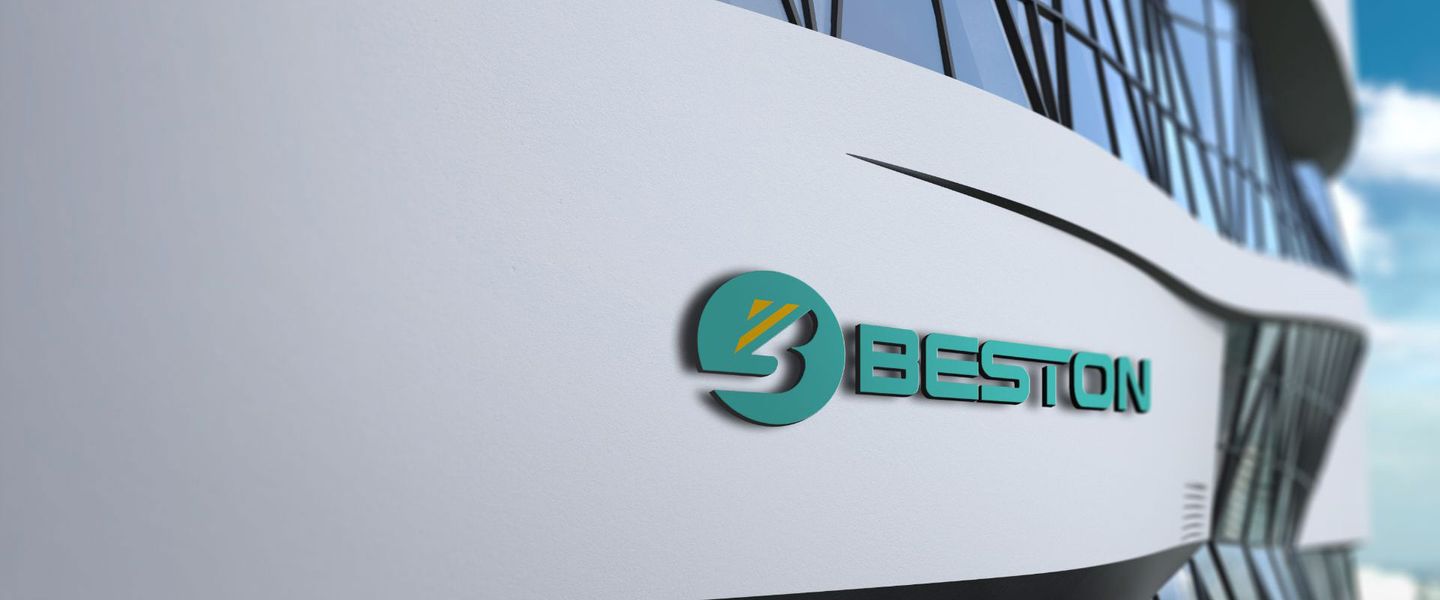

- Home
- Companies
- Beston Group Co., Ltd.
- Articles
- A Comprehensive Comparison between ...
A Comprehensive Comparison between Mobile Biochar Machine and Continuous Biochar Machine
In the dynamic landscape of biochar production, the choice between a mobile biochar machine and a continuous biochar machine represents a pivotal decision for industries seeking sustainable and efficient solutions. This exploration navigates the intricate nuances of these two technologies, unraveling their distinct features, advantages, and potential applications.
Mobile Biochar Machine: A Portable Marvel
The mobile biochar machine emerges as a portable marvel, designed to cater to diverse settings and operational needs. This compact unit embodies flexibility, allowing it to traverse different locations, addressing on-the-go biochar production requirements. Its mobility extends beyond mere convenience, presenting a solution for scenarios where stationary setups might face logistical challenges.
Key Features of Mobile Biochar Machine:
- Compact Design: The mobile biochar machine boasts a compact design, ensuring ease of transport and setup in various environments.
Versatility: Its adaptability makes it suitable for agricultural settings, forestry operations, and even remote areas where a fixed infrastructure might be impractical. - On-Site Production: One of the defining features is the ability to conduct biochar production directly at the source of biomass, minimizing transportation costs and maximizing efficiency.
- Quick Deployment: The mobile nature allows for quick deployment, making it an attractive option for projects with rapidly changing requirements.
Continuous Biochar Machine: Uninterrupted Production Powerhouse
In contrast, the continuous biochar machine stands as an uninterrupted production powerhouse, optimized for large-scale operations that demand a consistent and reliable biochar output. This stationary setup emphasizes efficiency, automation, and sustained production capacity.
Key Features of Continuous Biochar Machine:
- Automated Processes: Continuous biochar machines are engineered for automated processes, ensuring a seamless and efficient production flow.
- High Throughput: Designed for large quantities, these machines boast high throughput capabilities, making them ideal for industrial-scale biochar production.
- Consistent Quality: The stationary nature allows for stringent quality control, ensuring uniform biochar properties across batches.
- Energy Efficiency: Continuous machines often integrate energy-efficient features, contributing to sustainability goals in large-scale operations.
Comparative Analysis:
1. Scale of Operations:
The primary distinction lies in the scale of operations. The mobile biochar machine excels in smaller-scale and decentralized scenarios, providing a nimble solution for targeted biomass conversion. On the other hand, the continuous biochar machine is the stalwart of large-scale facilities, where a constant and substantial output is imperative.
2. Flexibility vs. Efficiency:
While the mobile counterpart offers unmatched flexibility, adapting to changing locations and biomass sources, it might compromise on the efficiency achievable by a continuous setup. The latter, firmly anchored in one location, optimizes processes for peak efficiency, ensuring a constant and reliable biochar supply.
3. Logistical Considerations:
The mobility of the mobile biochar machine resolves logistical challenges, allowing for on-site production. This proves advantageous in scenarios where transporting biomass to a fixed location is impractical. Conversely, continuous machines require a logistical infrastructure suited to their stationary nature.
4. Environmental Impact:
Both machines contribute to sustainability, but in different ways. The mobile biochar machine minimizes transportation-related carbon emissions by conducting production on-site. Continuous machines, through their optimized processes, often integrate energy-efficient mechanisms, contributing to a reduced environmental footprint per unit of biochar produced.
5. Cost Implications:
The mobile biochar machine offers cost advantages in terms of initial setup and flexibility in deployment. In contrast, continuous machines may incur higher initial costs but might exhibit economies of scale over time due to their higher throughput and consistent production.
Potential Applications:
Mobile Biochar Machine Applications:
- Small farms and agricultural operations.
- Forestry and land management projects in remote areas.
- Disaster-stricken regions requiring rapid biomass conversion.
Continuous Biochar Machine Applications:
- Large-scale industrial facilities.
- Biomass processing plants with a steady supply.
- Settings where consistent biochar quality is paramount.
Choosing the Right Fit:
The choice between a mobile biochar machine and a continuous biochar machine hinges on the specific needs and constraints of the project. Small-scale, dynamic operations might find the mobile variant more suitable, whereas large-scale, industrial endeavors may lean towards the continuous setup for its efficiency and throughput.
Conclusion: Balancing Act in Biochar Production
In the intricate tapestry of biochar production, the choice between mobility and continuity represents a delicate balancing act. The mobile biochar machine dances with versatility, adapting to the rhythm of changing landscapes, while the continuous biochar machine stands as a steadfast pillar of efficiency in the grand theater of large-scale operations. The decision ultimately rests on the project's scale, logistical considerations, and the desired equilibrium between flexibility and sustained production prowess.
